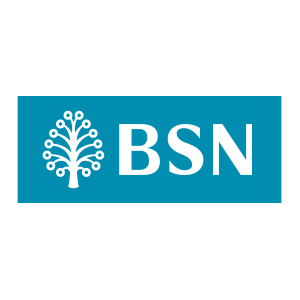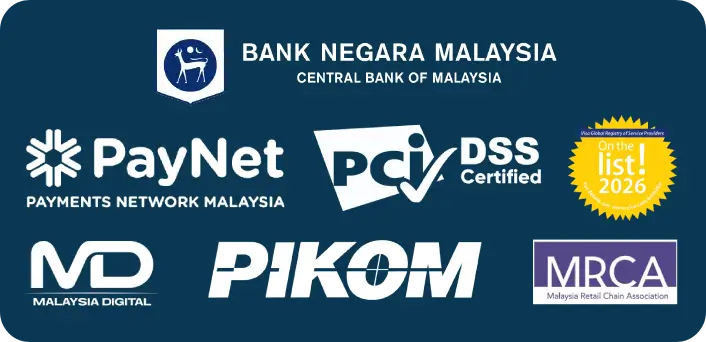
马来西亚修订后的《销售与服务税法》(SST)将于2025年7月1日生效,此次修订引入了多项重要变化,直接影响服务提供商、在线商户以及 马来西亚支付网关 公司。随着数字服务在商业运营中日益重要,这些税务更新对支付网关费用的结构、披露方式及征税方式均产生了实质性影响。
2025 年 SST 修正案有哪些变化?
以下是最值得注意的更新:
- 扩大 应税服务范围,包括更多数字和金融科技相关服务。
- 部分服务的服务税率 从 6% 调整至 8%。
- 明确 商家折扣率(MDR)和基于交易的费用的处理。
这是马来西亚推动税收制度改革、实现财政政策现代化、提高税收征管效率,并确保数字经济参与者合理纳税的一部分。
支付网关如何受到影响?
在销售、服务税法中,支付网关被归类为“中介服务”。根据新修订的法规:
- 服务税 必须 适用于商户折扣率(MDR)、设置费用、集成服务以及基于订阅的工具。
- 向商户(尤其是中小企业) 展示的费用现在必须明确区分 SST 税费 ,以确保透明度。
- 支付网关必须 调整发票结构和 API 输出内容 ,以符合 MyInvois(电子发票)系统及 SST 税务申报标准的要求。
这意味着所有基于交易的费用及增值服务都必须在发票框架中得到妥善记录和核算。
对使用支付网关的商家的影响
影响范围 | 新的含义 |
商家折扣率 | 由于销售税转嫁,可能上涨 2% |
每月服务费 | 所有发票上必须逐项列出销售税 |
年度软件许可证 | 如果以数字方式交付,则需缴纳 8% 的 SST |
因此,商户在订阅支付网关平台或处理大量交易时,需要更加主动地监控总体拥有成本(TCO)。
根据 2025 年销售税 (SST) 征税的服务示例
- 用于分析或欺诈检测的 API 订阅费
- 基于云的POS集成包
- 白标结账插件
- 商户入职和 KYC 验证服务
- 定期 SaaS 计费模块
这意味着,即使是以前免税的小型数字功能或捆绑解决方案现在也可能带有 SST 标签。
Paydibs 等网关如何保持合规
- 自动 SST 计算:支付网关必须构建能够实时应用正确税收逻辑的内部 SST 计算器。
- 包含 SST 的收据:网关必须在商家仪表板和发票上提供清晰的 SST 明细。
- MyInvois API 集成:现在需要通过 LHDN 的电子发票生态系统实时验证 SST 相关发票。
这些举措不仅降低了审计风险,而且提高了商业信任和可信度。
给中小企业和网商的实用建议
- 审查所有费用结构:了解您要为哪些服务缴纳 SST。
- 协商透明定价:坚持要求您的提供商预先提供 SST 可见性。
- 更新会计软件:同步会计系统以匹配网关的 SST 发票输出。
- SST影响预算:预计总加工费可能会增加。
- 监控发票模板:确保发票符合 MyInvois 和 SST 合规要求。
结论:SST 税务问题已不再仅仅是“后台部门”的事务
2025年7月生效的SST更新,使税务合规成为所有数字服务使用者(包括使用Paydibs及其他支付平台的商户)运营中的优先事项。以往仅由会计部门处理的税务问题,如今必须融入您的计费、结账流程以及面向客户的操作中。
不遵守规定可能会导致:
- 巨额罚款
- 预扣税退税
- 财务审计延迟
主动合规不仅是避免处罚的手段,更是一种战略优势。那些率先适应新SST和电子发票规范的商户和支付网关,将在可扩展性和可信度方面占据更有利的位置。
常见问题
1. 2025年新的SST税率是多少?
目前,部分应税服务的税率为 8%,高于之前的 6%。
2. 现在所有支付网关服务都需缴纳 SST 吗?
是的,大多数服务(例如 MDR、集成和 SaaS)都属于中介服务税。
3. 我可以自行承担SST费用而不是将其转嫁给客户吗?
是的,但必须明确说明。大多数企业为了保持盈利都会转嫁这部分费用
4. SST 适用于国际交易吗?
是的,只要该服务是在马来西亚使用的 — — 即使是在海外计费。
5. 我需要在每张发票上逐项列出 SST 吗?
是的,发票必须单独显示 SST 并遵循电子发票要求。
6. 如果我不遵守新的 SST 规则会怎样?
您可能会面临税务审计、罚款和发票拒收。
我们的合作伙伴 :






